In addition to Weibo, there is also WeChat
Please pay attention

WeChat public account
AutoBeta


2024-11-21 Update From: AutoBeta autobeta NAV: AutoBeta > News >
Share
AutoBeta(AutoBeta.net)11/18 Report--
On November 17, Zhejiang Geely Holding Group (hereinafter referred to as "Geely Holdings") issued an announcement to reduce Volvo Cars by 3.3%, and Geely Holdings 'shares in Volvo Cars decreased from 82% to 78.7%. Geely Holdings explained in the announcement that in order to further enhance the value of Volvo Cars and provide more opportunities for institutional and individual investors, it decided to release a small stake in Volvo Cars as planned to increase its liquidity and create long-term sustainable value.

Geely Holdings is holding on to a 3.3 percent stake in Volvo Cars worth about 4.1 billion Swedish kronor ($388 million) in response to investor concerns about the automaker's limited free float, according to media reports. Analysts and investors have complained that while Volvo Cars 'fundamentals are attractive, concerns about free-float stocks continue to deter long-term investors.
Although Geely Holdings sold only a minority stake, it still triggered turmoil in capital markets. Volvo shares plunged 14% in intraday trading and hit an all-time low, closing down 11.14% at 36.29 Swedish kronor. Volvo shares are down 22.61 per cent so far this year.
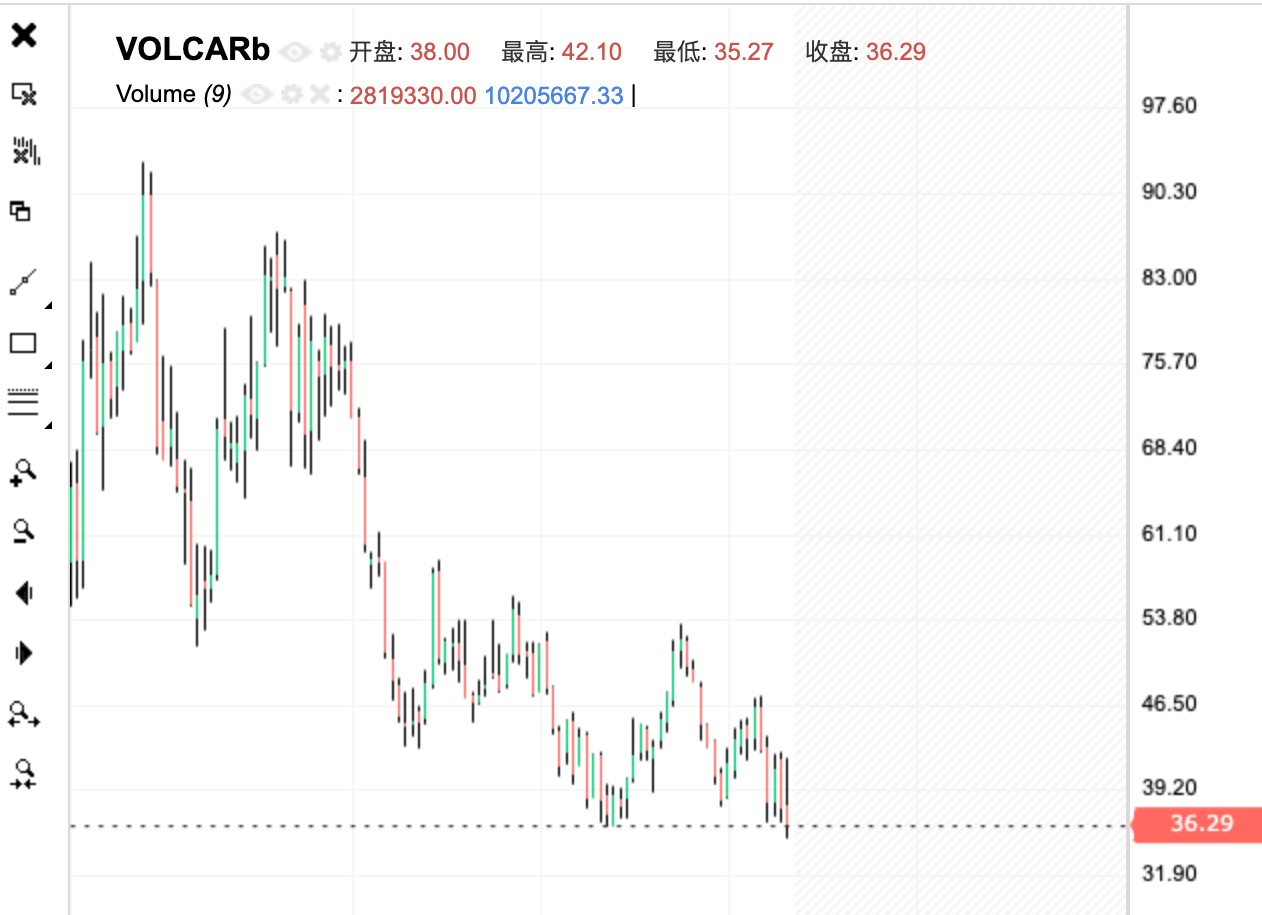
Volvo is a well-known Swedish luxury car brand, which was translated as Regal and was founded in Gothenburg, Sweden in 1927. In 1999, Volvo Group sold its Volvo car business to Ford Motor Company of the United States, which had to resell it because of continued losses. In 2010, Geely Holdings and Ford Motor formally signed an agreement in Gothenburg, Sweden, to formally acquire 100% equity of Volvo cars for US $1.8 billion, and Volvo became a brand of Geely Holdings, which is also a famous case of "snake swallowing elephant" in automobile history. In 2017, Geely Holdings, Geely Automobile and Volvo Cars signed a joint venture agreement, Linke became a tripartite joint venture brand, and the joint venture company was formally established.
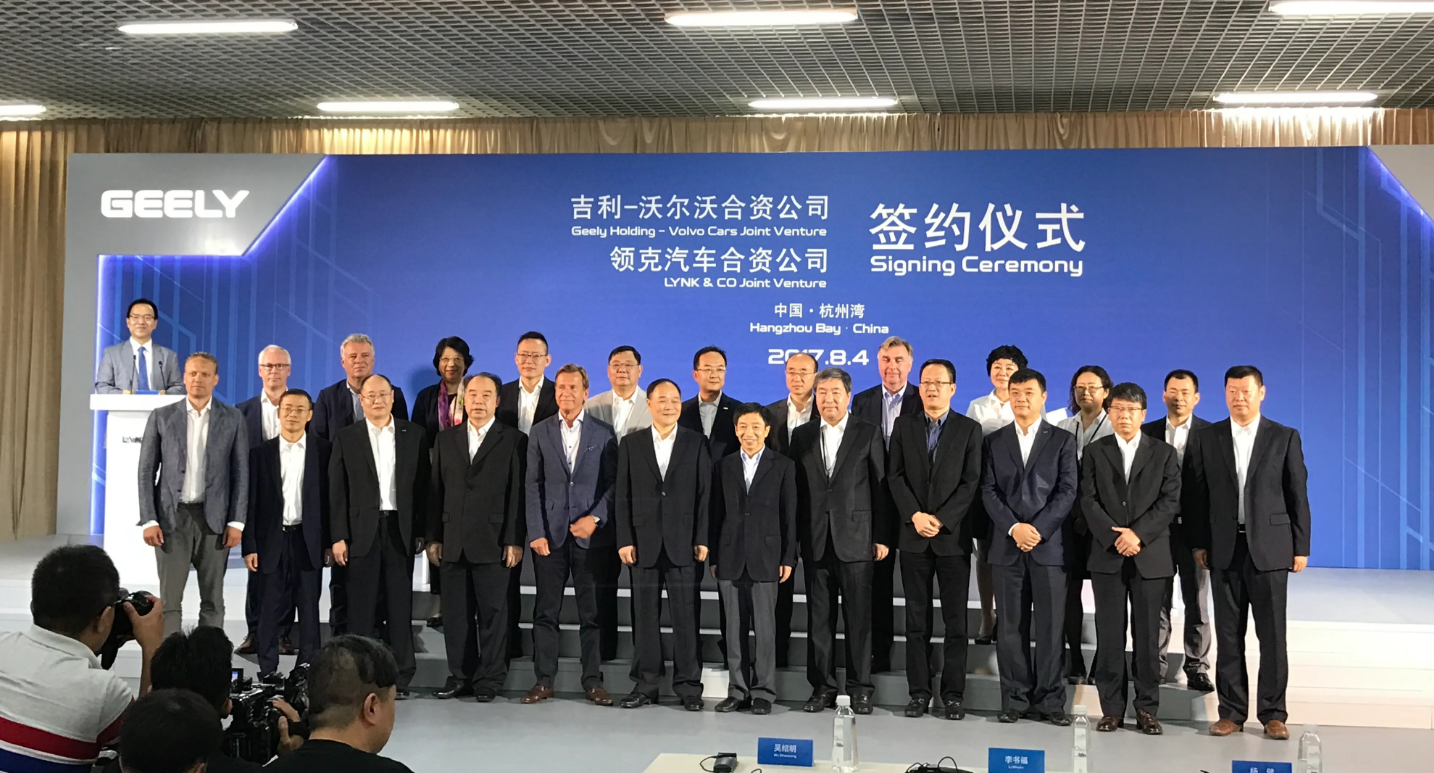
In February 2020, Geely Automobile issued an announcement saying that it was discussing the possibility of merger and reorganization of both businesses with Volvo, and also said that it planned to list the merged business in Hong Kong and Stockholm so that it could enter the capital market. After the reorganization, Geely Automobile would realize the connection with global capital. However, the two sides failed to reach a merger as planned. In February 2021, Geely Automobile announced the latest merger plan with Volvo Group. Geely Holdings said in the announcement that after detailed research on various merger schemes, the two sides have found the best merger scheme at present, that is, on the basis of maintaining their existing independent company structure, the two sides will merge and cooperate in the business fields of powertrain, electrification and autonomous driving.
In October 2021, Volvo was listed in Stockholm, Sweden. Volvo Cars issued Class B common shares at SEK 53 per share under the trading symbol VOLCAR B. Volvo's shares have fallen to 36.29 Swedish kronor.

Despite the steep decline in its share price, geely has managed volvo's impressive sales and performance during its decade at the helm. According to the data, Volvo's global sales volume in 2019 was 705,500 vehicles, up 9.8% year-on-year. This is the first time Volvo has sold more than 700,000 vehicles since its establishment 93 years ago, of which China is Volvo's largest single market with sales of 161,000 vehicles, setting a record for sales in China. In the first October of 2023, Volvo sold 569,000 cars worldwide, up 18% year-on-year, with China growing 5% year-on-year.
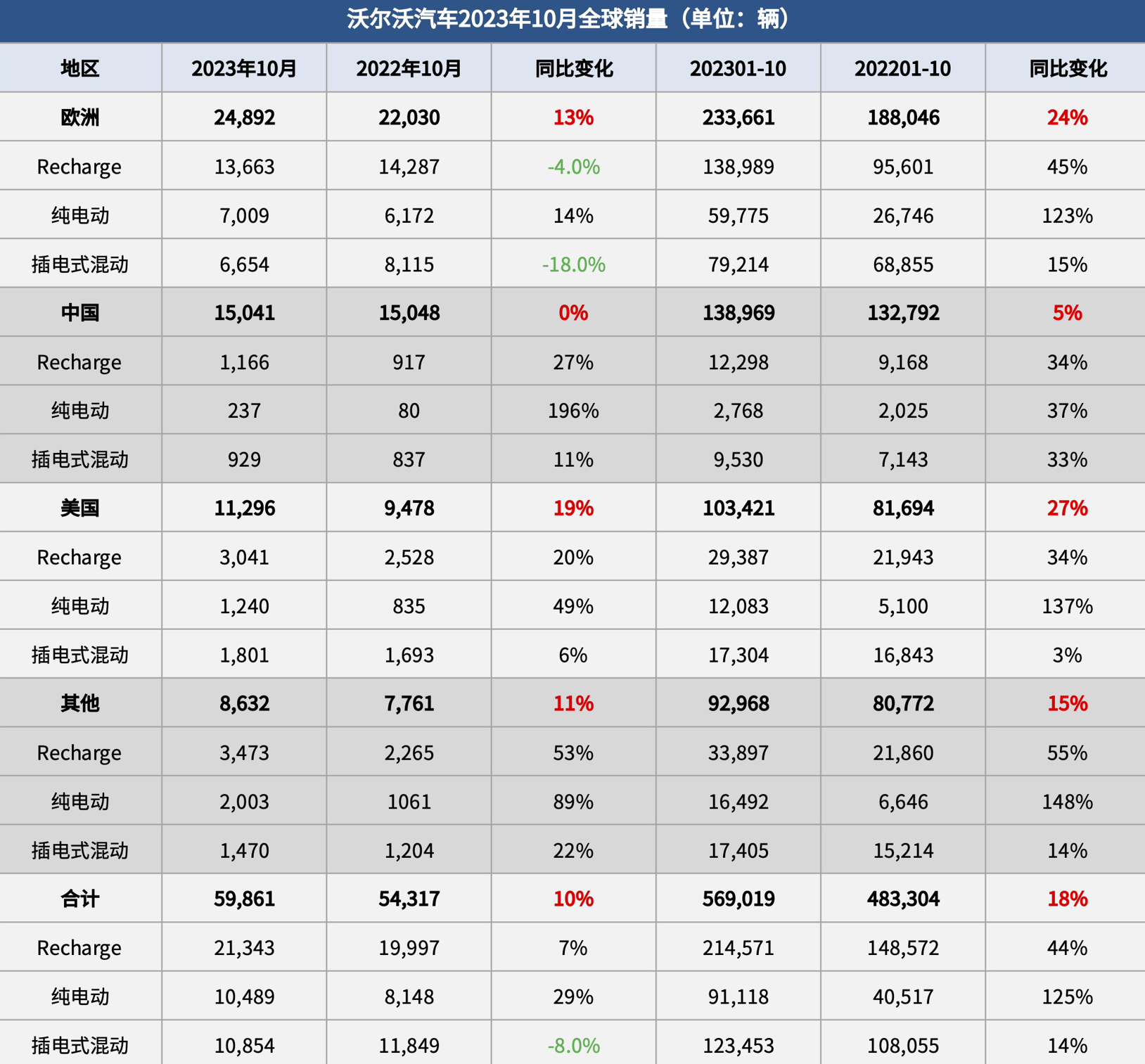
In November 2022, Volvo Cars announced that Volvo Cars 'strategic direction is to achieve full electrification by 2030 and shape the future of mobile travel. To this end, Volvo Cars will divest its 33% stake in Aurobay to Geely Holdings, noting that the divestment is another important step in Volvo's transition to an all-electric vehicle manufacturer, making Volvo the first automaker to completely withdraw from the development and manufacture of internal combustion engines. In the future, Volvo Cars will focus its investment and capital allocation on developing high-performance all-electric powertrains.
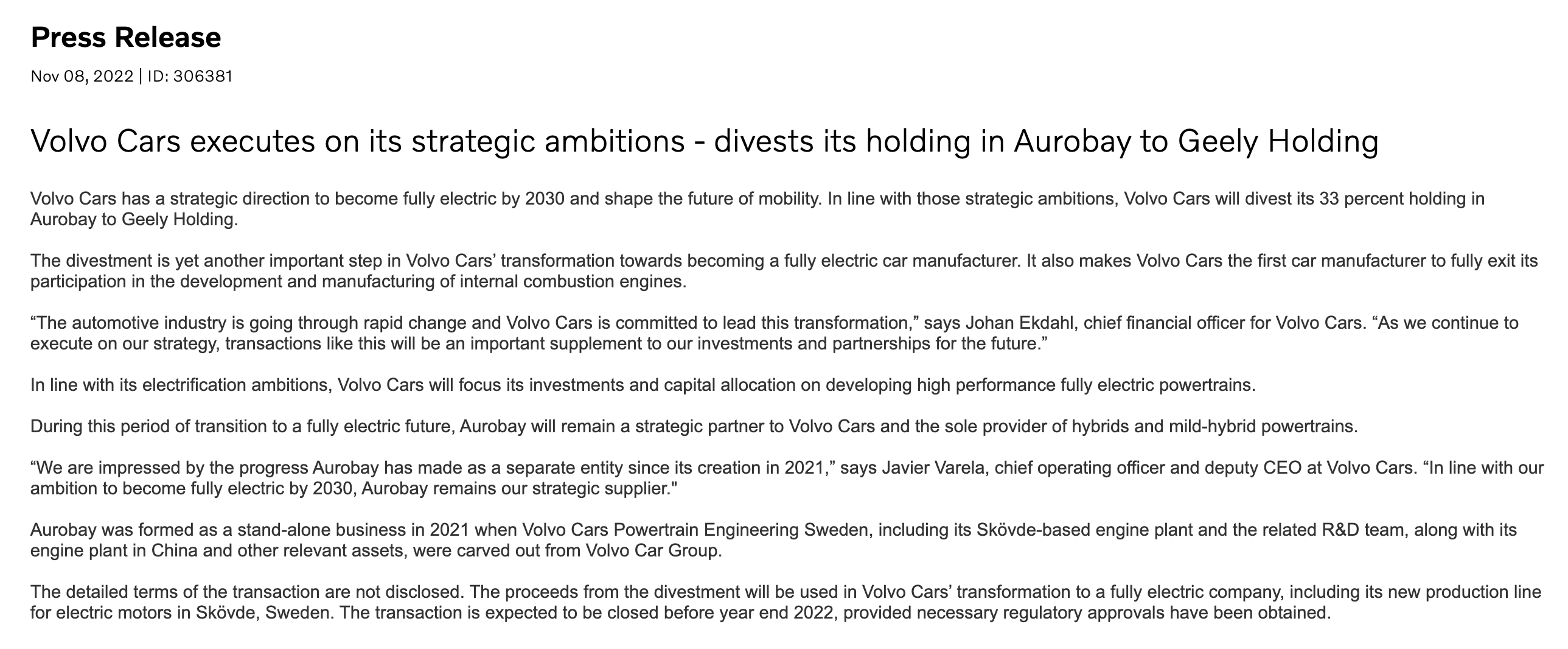
Electrification is considered an important part of Volvo Cars 'sustainability strategy, meaning that cars powered by internal combustion engines will be completely removed from its product catalogue, including hybrid cars, and Volvo Cars' lineup in the future will consist of 100% pure electric models.
According to the plan, Volvo Cars will release four new pure tram models in 2023, laying out three new market segments. By 2025, its pure electric models will account for 50% of total sales, with the rest being hybrid models. By 2030, Volvo will transform itself into an all-electric brand, selling only all-electric cars and eliminating all cars with internal combustion engines worldwide. By 2040, Volvo aims to be a climate-neutral benchmark, with all electric-only models sold online only. From the perspective of recent development, Volvo actively caters to the Chinese market and actively promotes the electric transformation. Of course, the sales volume of electric models has not shown positive results at present.
At the 2023 Guangzhou Auto Show, Volvo Cars debuted_EM90, which had previously announced a pre-sale price of 818,000 yuan. It is understood that EM90 is Volvo's first pure electric MPV, which will be produced by Zhejiang Haoqing Automobile Manufacturing Co., Ltd. and built on the same platform as Polar Krypton 009. In addition to the EM90, Volvo released the EX30 earlier in Milan, Italy, which was built on the same platform as the Polar Krypton X, making it the smallest SUV ever made by Volvo and will be produced domestically in the future. At the 2023 Shanghai Auto Show, Volvo launched the EX90, based on the SPA2 platform, which will be the first to be launched in the Chinese market.
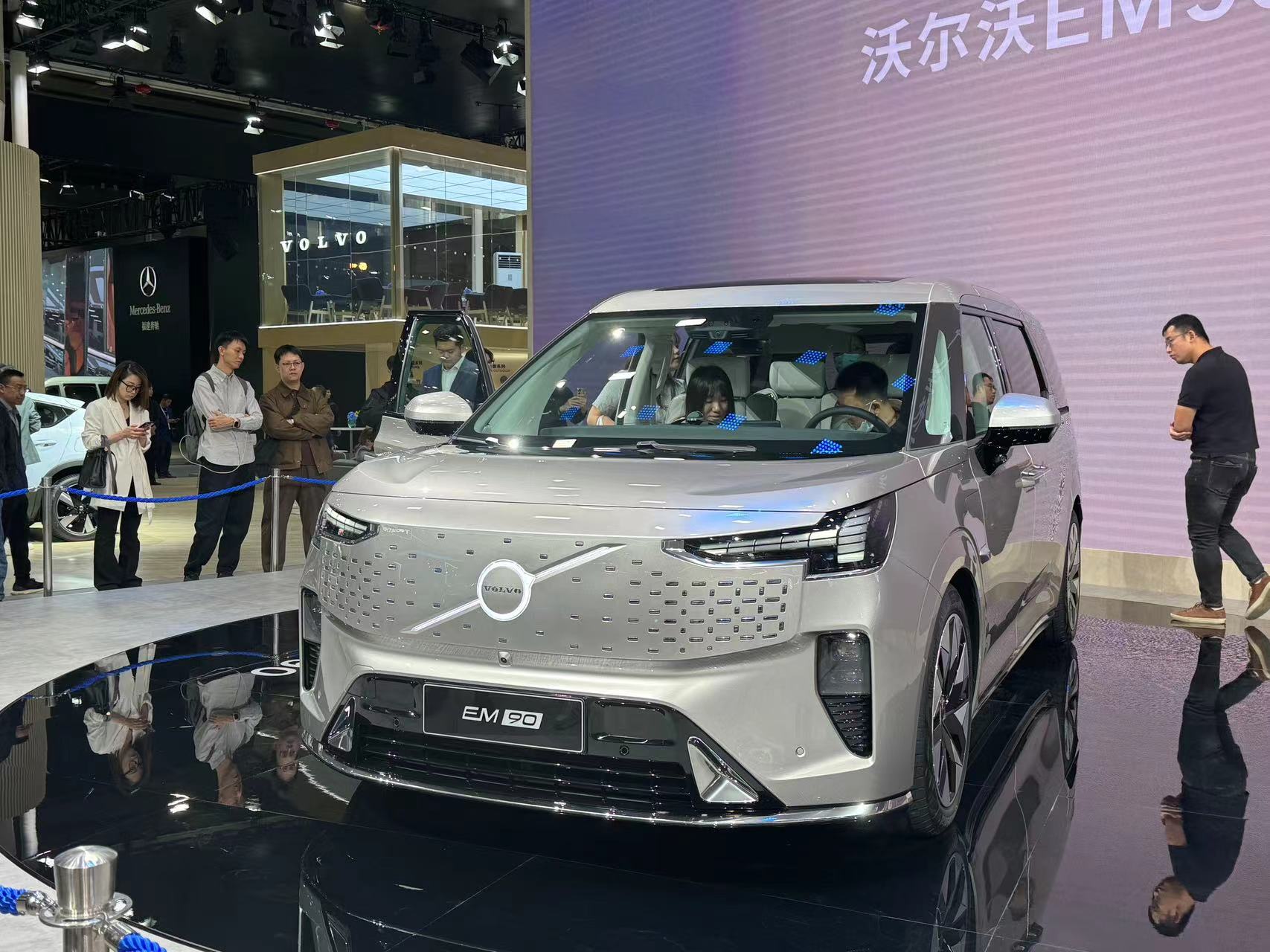
Volvo is one of the first traditional luxury brands to start electrification transformation, and it is also the first traditional automobile company in the world to announce the abandonment of internal combustion engine production. However, the pace and transformation speed of new energy products are not fast, mainly oil-to-electric models. According to the official website, Volvo has realized four domestic models in China, including S90, S60, XC60 and XC40, among which S90, S60 and XC60 launch plug-in hybrid models on the basis of fuel vehicles, and XC40 launches pure electric vehicles on the basis of fuel vehicles. However, in the context of the substantial expansion of new energy vehicles, the luxury car market has been nibbled by new brands such as Wei Lai and Ideal, and the "oil-to-electricity" model is difficult to become mainstream in the new energy vehicle market with high internal volume.
Welcome to subscribe to the WeChat public account "Automotive Industry Focus" to get the first-hand insider information on the automotive industry and talk about things in the automotive circle. Welcome to break the news! WeChat ID autoWechat
Views: 0
*The comments in the above article only represent the author's personal views and do not represent the views and positions of this website. If you have more insights, please feel free to contribute and share.





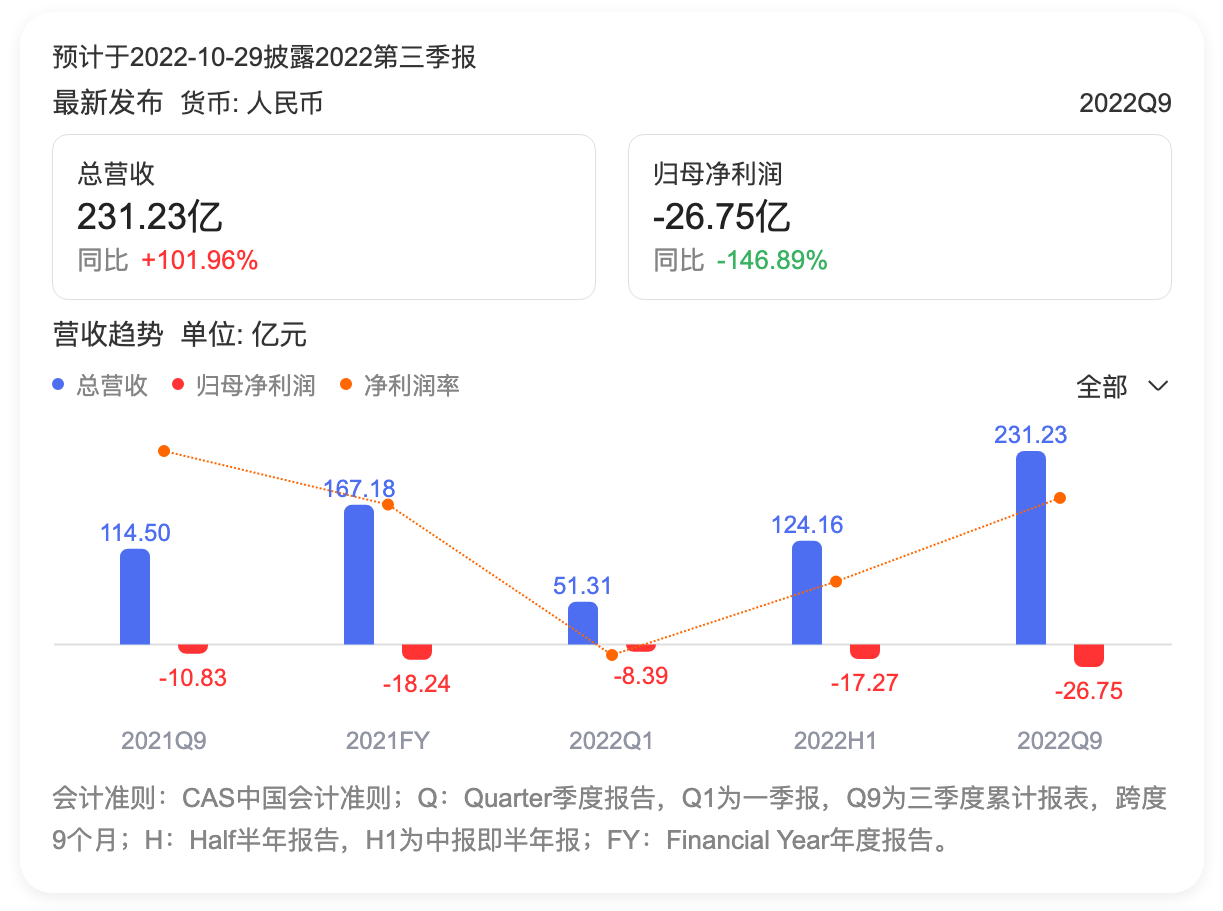

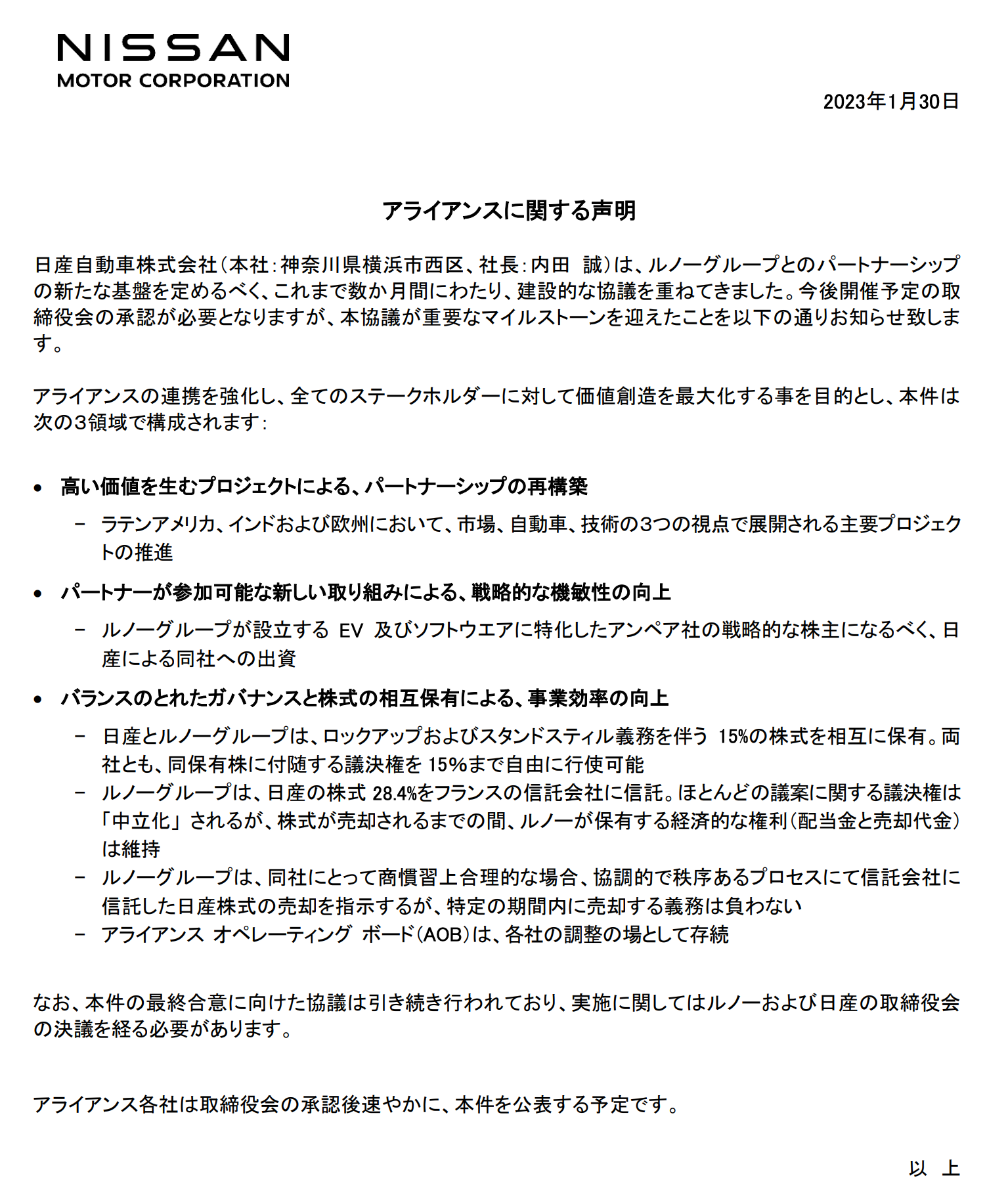



© 2024 AutoBeta.Net Tiger Media Company. All rights reserved.